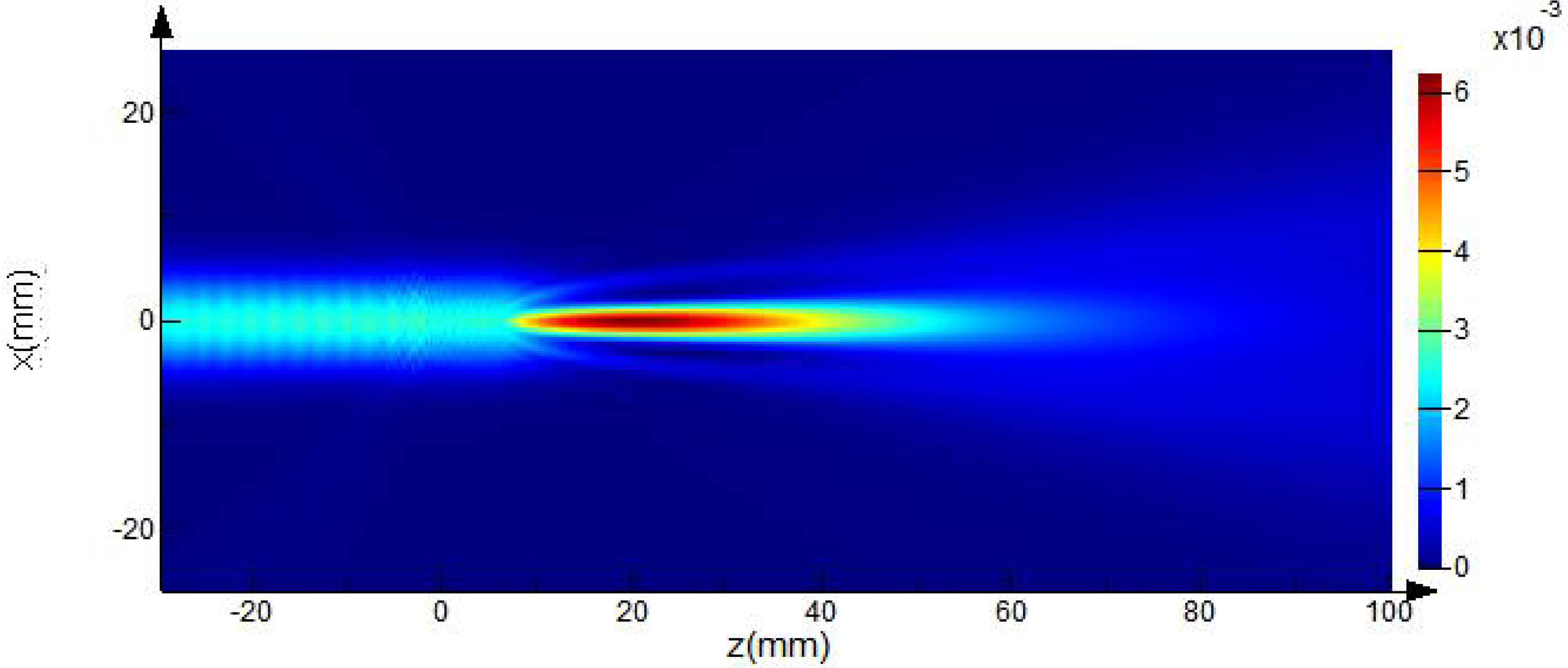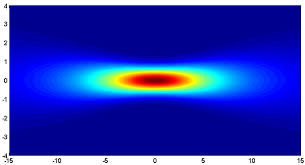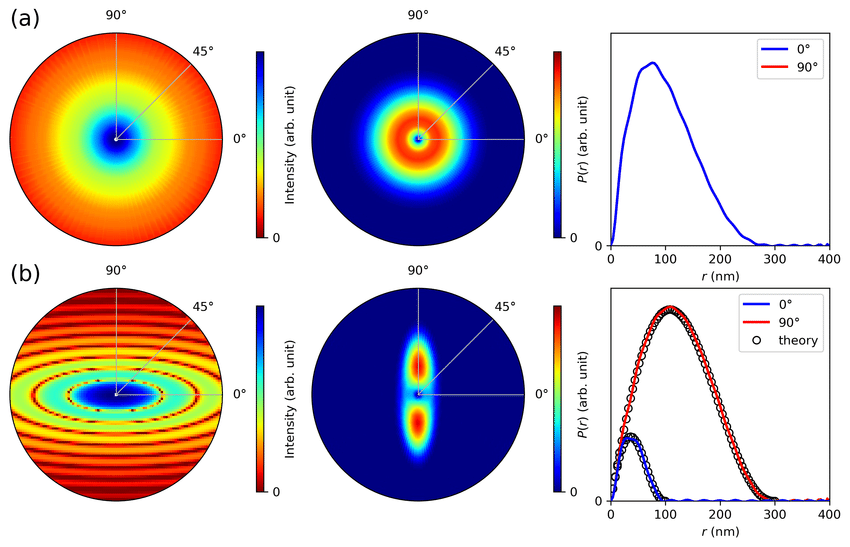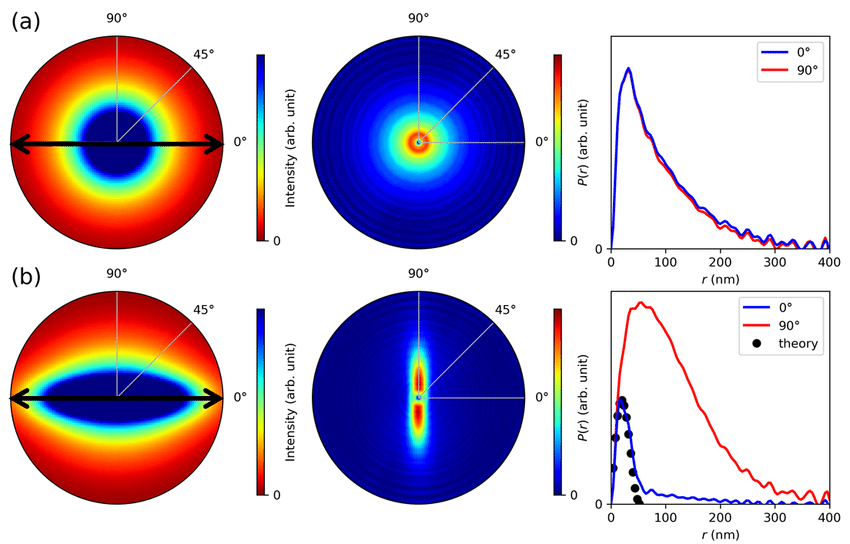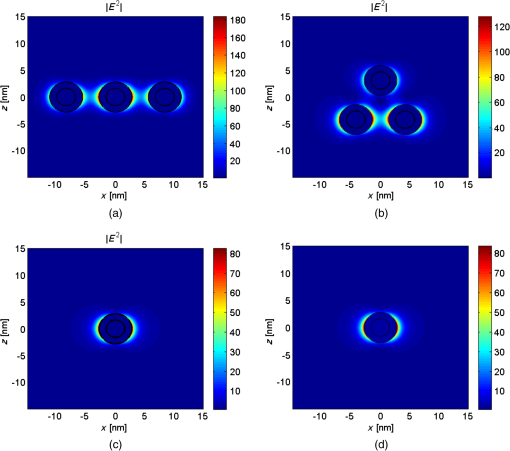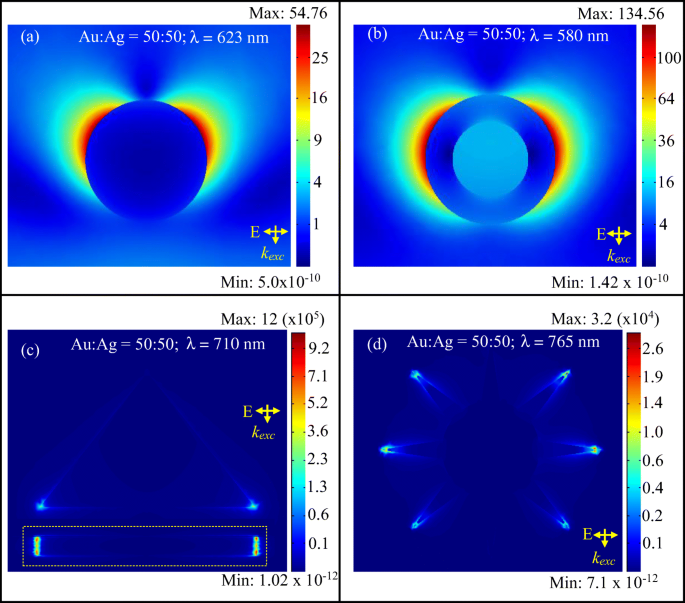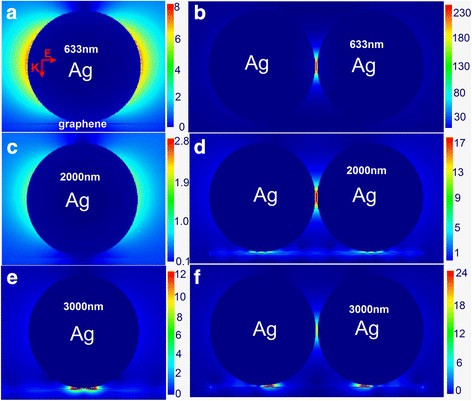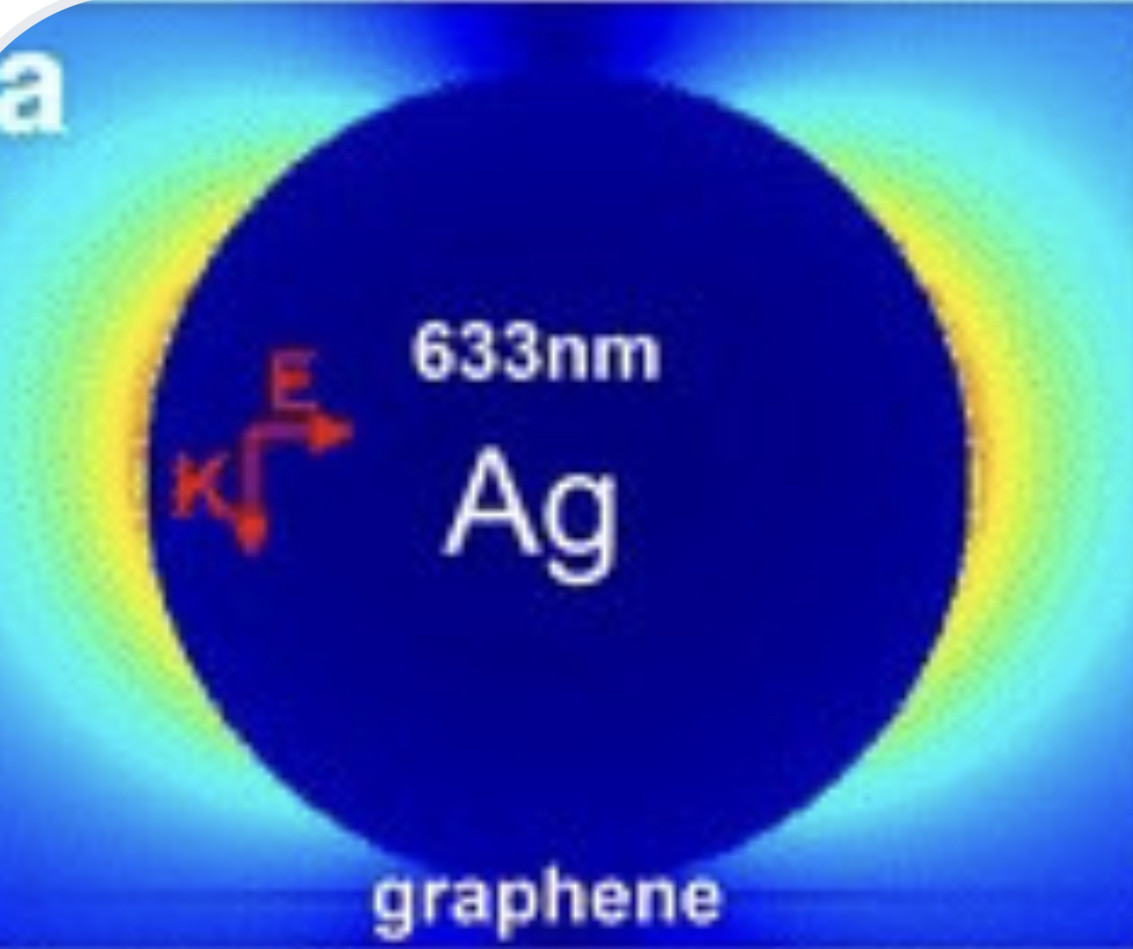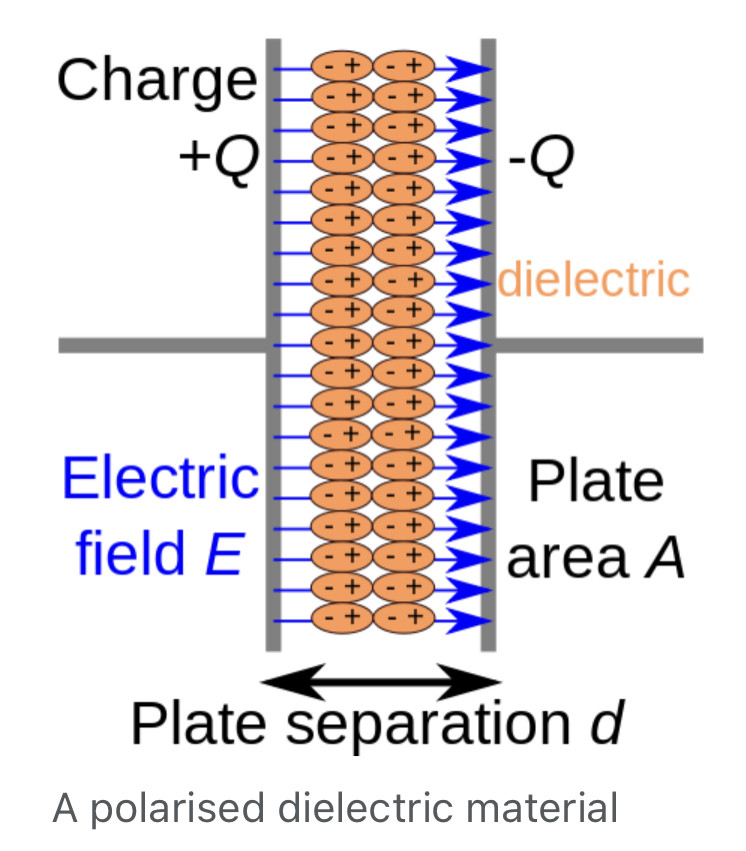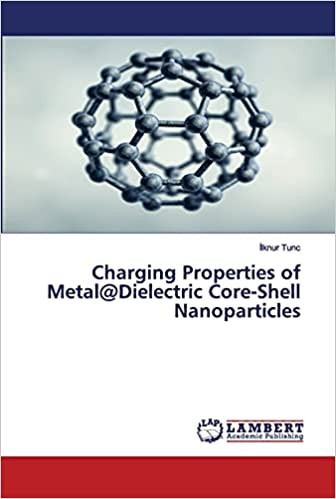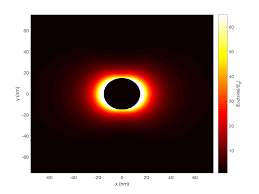You may be entitled to a one-off payment of £500 through the NHS Test and Trace Support Payment scheme if you are required to stay at home and self-isolate or you are the parent or guardian of a child who has been told to self-isolate.4 days ago
In 2020, 3.9 million British nationals were born outside of the UK.
Recently retired, no longer affiliated with any party. Constitutional patriot listening for God’s word
Log Cabin Republicans
Analysis of the 2D SAXS pattern of the colloidal dispersion of magnetotactic bacteria; the magnetic field was applied in horizontal direction (Θ = 0 • ). Left column: Polar plot of the scattering pattern in logarithmic scale (q max = 0.5 nm −1 ). Middle column: Extracted 2D correlation function P (r, ϕ) (r max = 150 nm). Right column: Correlation function along ϕ = 0 • and 90 • .
Determination of the 2D correlation functions by a SVD for a monodisperse ensemble of prolate rotational ellipsoids with an equatorial radius of 50 nm and a polar radius of 150 nm. (a) Ellipsoids are randomly oriented (isotropic ensemble). (b) Ellipsoids are aligned with their polar axis along Θ = 90 • (anisotropic ensemble). Left column: Polar plot of the scattering pattern in logarithmic scale (q max = 0.2 nm −1 ). Middle column: Extracted 2D correlation function P (r, ϕ) (r max = 400 nm). Right column: Correlation function along ϕ = 0 • and 90 • , and in (b) additionally the calculated cross sections for spheres with diameters of 100 nm and 300 nm, respectively.
Electromagnetic Field Redistribution in Metal Nanoparticle on Graphene | Nanoscale Research Letters | Full Text
Benefiting from the induced image charge on metal film, the light energy is confined on a film surface under metal nanoparticle dimer, which is called electromagnetic field redistribution. In this work, electromagnetic field distribution of metal nanoparticle monomer or dimer on graphene is investig..
https://nanoscalereslett.springeropen.com/articles/10.1186/s11671-018-2535-0The simulation results reveal the feature of the system: changing the laser wavelength could lead to electric field redistribution, which avails the light energy focusing on the graphene surface. The reason for generating the phenomenon is due to the permittivity of the monolayer graphene under different wavelength conditions. At 633 nm, the permittivity of the monolayer graphene is 1.539, which expresses the property of dielectric.
In electromagnetism, a dielectric (or dielectric material or dielectric medium) is an electrical insulator that can be polarised by an applied electric field. When a dielectric material is placed in an electric field, electric charges do not flow through the material as they do in an electrical conductor, because they have no loosely bound, or free, electrons that may drift through the material, but instead they shift, only slightly, from their average equilibrium positions, causing dielectric polarisation.
Because of dielectric polarisation, positive charges are displaced in the direction of the field and negative charges shift in the direction opposite to the field (for example, if the field is moving parallel to the positive x axis, the negative charges will shift in the negative x direction). This creates an internal electric field that reduces the overall field within the dielectric itself. If a dielectric is composed of weakly bonded molecules, those molecules not only become polarised, but also reorient so that their symmetry axes align to the field.
Description
Gold (Au) and Silver (Ag) Nanoparticles (NP) have received significant attention due to their unique optical and electrical properties compared to their bulk forms. Controlling and manipulating optical and electrical properties affected by size, shape, and composition dependency are investigated by UV-Vis Spectroscopy. When they are deposited on surfaces electrical charging/discharging properties of these NPs are measured by X-Ray Photoelectron Spectroscopy (XPS). Investigation of optical and electrical properties of these particles especially by these tools is an important aspect for optical and electrical applications of Au and Ag Nanoparticles. This book aims to enlighten charging properties of these particles for such applications.


